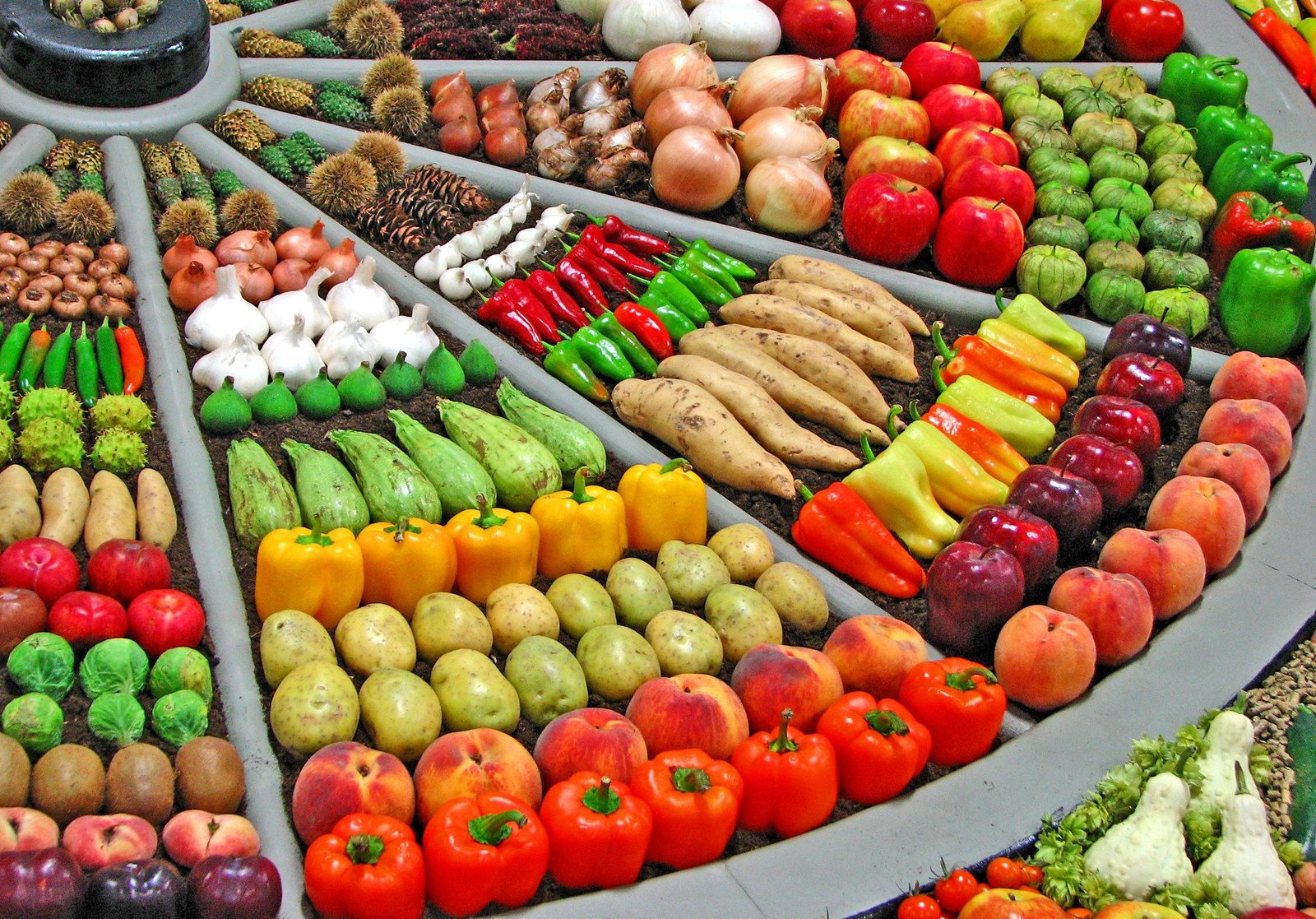Importing Egyptian Fruits and Vegetables

Introduction
Egypt, often referred to as the “Gift of the Nile,” has been a cradle of civilization for thousands of years. Its rich agricultural history is deeply intertwined with the fertile lands along the Nile River, and this heritage has given rise to a vibrant industry of exporting fruits and vegetables to the world. In recent years, Egyptian fruits and vegetables have gained international recognition for their quality, flavor, and nutritional value. This article explores the reasons behind the growing popularity of Egyptian produce in global markets and why importing Egyptian fruits and vegetables is a choice for excellence.
1. Ideal Growing Conditions
Egypt enjoys a unique geographical advantage that makes it an ideal location for agriculture. The Nile River provides a constant source of water, creating fertile alluvial soil that is perfect for cultivating a wide variety of crops. The country also benefits from a Mediterranean climate with plenty of sunshine, allowing for year-round production of fruits and vegetables.
2. Diverse Product Range
One of the key attractions of Egyptian produce is the wide range of fruits and vegetables available. From succulent strawberries and citrus fruits to crisp cucumbers and flavorful tomatoes, Egypt offers a bounty of choices. Additionally, many of these products are available in various grades, allowing importers to select the quality that suits their markets.
3. Stringent Quality Control
Egypt has made significant investments in modernizing its agricultural practices and infrastructure. This includes the implementation of stringent quality control measures and adherence to international standards. The Egyptian Ministry of Agriculture and Land Reclamation plays a crucial role in overseeing these standards, ensuring that exported produce meets the highest quality criteria.
4. Competitive Pricing
One of the most compelling reasons to import Egyptian fruits and vegetables is their competitive pricing. Egypt benefits from a lower cost of production compared to many other countries, allowing it to offer attractive prices to international buyers without compromising on quality. This affordability has made Egyptian produce highly sought after in both developed and emerging markets.
5. Sustainable Practices
Egypt has increasingly adopted sustainable farming practices, focusing on reducing water usage and minimizing the environmental impact of agriculture. This commitment to sustainability aligns with the growing global demand for responsibly sourced and environmentally friendly products.
6. Global Accessibility
Egypt’s strategic location at the crossroads of Africa, Asia, and Europe makes it a convenient gateway for international trade. Its well-developed transportation and logistics infrastructure ensure that Egyptian fruits and vegetables can reach global markets swiftly and efficiently.
Conclusion
In conclusion, importing Egyptian fruits and vegetables offers a taste of excellence to consumers around the world. With its favorable growing conditions, diverse product range, stringent quality control, competitive pricing, sustainable practices, and global accessibility, Egypt has firmly established itself as a reliable source of high-quality produce. As consumers increasingly seek nutritious and flavorful options, Egyptian fruits and vegetables are set to continue their journey from the banks of the Nile to dinner tables worldwide, enriching palates and nourishing bodies along the way.
